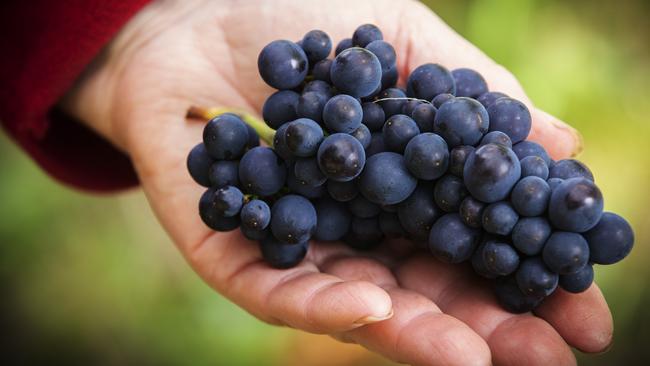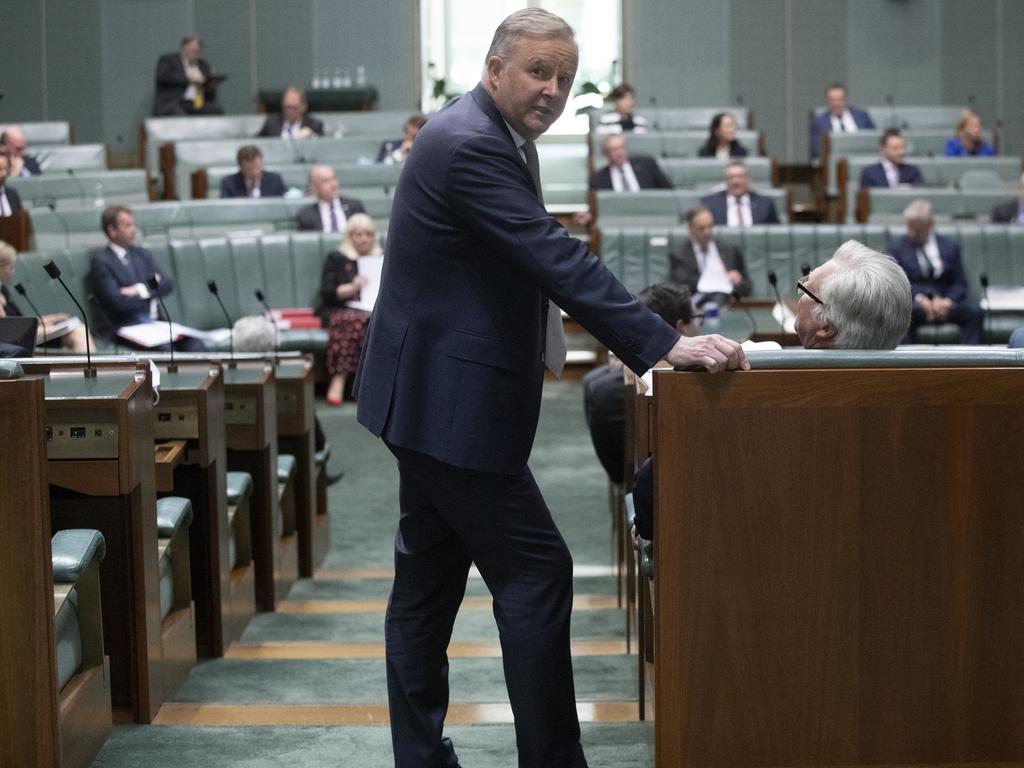TWE, wine industry face new China inquiry
Treasury Wine Estates and the Australian wine industry have vowed to co-operate fully with the latest move by China’s Ministry of Commerce to investigate the industry.

Treasury Wine Estates and the Australian wine industry have vowed to co-operate fully with the latest move by China’s Ministry of Commerce to investigate the industry, which could lead to new tariffs on Australia’s $1.1bn export business to China.
China’s Ministry of Commerce announced on Monday it would be launching a new investigation into the Australia’s wine industry, listing 40 different state and federal government farm and rural assistance programs that it claims are potential subsidies on the Australian wine industry.
This follows its surprise announcement two weeks ago that it was launching an anti-dumping investigation into Australian wine imports into China.
A spokesman for Treasury Wine Estates, the largest single exporter of Australian wine to China, said the company would co-operate with any requests for information from Chinese or Australian authorities.
“TWE has had a long and respectful relationship with China over many years through its team, partners, customers and consumers,” the spokesman said.
“As an importer of high-quality, premium Australian wine, TWE remains committed to China as a priority market and will continue to invest in its Chinese business and its relationships with customers and consumers to enhance the wine category and grow its contribution to China.”
TWE shares fell 8c to $9.25 in Monday’s trading. Its shares, which were trading at a high of $12.85 on August 13 after the release of its annual results, had fallen to $9.33 on Friday after the news of the anti-dumping inquiry.
TWE also announced on Monday that Los Angeles-based investor Capital Group had increased its shareholding in the company from 6.06 per cent in May to 7.12 per cent, with much of its buying coming after the stock fall on the news of the anti-dumping inquiry.
Federal Trade Minister Simon Birmingham challenged the claim by the Chinese domestic industry that the Murray-Darling Basin Economic Development Program and other programs supporting research and development of the wine industry were subsidies on wine exports.
The list of 40 different government assistance programs includes a range of programs with little connection to the wine industry, including the National Landcare Program, the Commonwealth On-Farm Further Irrigation Efficiency Program, three-year write-off on water facilities for primary producers, the drought Concessional Loan Scheme, the regional jobs fund, the Farm Finance Concession Loans Scheme and the Agriculture Energy Investment Plan.
Mr Birmingham said the latest countervailing duties investigation into subsidies on the Australian wine industry had been “broadly foreshadowed at the time that the anti-dumping investigation was initiated”.
He said the government would “work with our internationally renowned wine industry to mount the strongest possible case against these claims”.
Both the anti-dumping and the subsidy investigations, which could take as long as 18 months to complete, could result in new tariffs being imposed on Australian wine exports to China, which enter with no tariffs as a result of the China Australia Free Trade Agreement signed in late 2015.
The wine move follows a similar two-track approach with Chinese investigations into Australian barley exports to China that resulted in total new duties of 80.5 per cent being imposed on most barley exports to China.
This was made up of 73.6 per cent as a result of a finding of dumping and another 6.9 per cent in countervailing duties as a result of alleged subsidies of the industry in Australia.
Australia is the biggest supplier of foreign wine to China, a market worth $1.1bn over the past year.
The market has more than doubled since 2015 as a result of combined forces of the removal of tariffs under the free trade agreement and increasing popularity of Australian wine, including Penfolds, with increasingly affluent middle-class consumers in China who are expanding their taste for wine.
While the investigation announced two weeks ago is looking at the question of whether Australian wine has been dumped in the Chinese market, the second one throws a spotlight on the range of subsidies the Chinese Alcoholic Drinks Association says are available to the wine industry in Australia.
The Ministry of Commerce said it had received an application from the association — the same organisation that lodged the complaint that led to the anti-dumping investigation — to look into subsidies for the wine industry in Australia.
The ministry’s statement says it will look into reports of some 40 different subsidies from state and federal governments in Australia that it says are given to the wine industry.
The Chinese ministry says it notified the Australian government of this new investigation on August 27.
The Australian wine industry has strongly argued against any suggestion it is dumping wine in the Chinese market, pointing to the high cost of Australian wines in China compared to many other imports and to much cheaper locally produced wines.
Australian Grape and Wine, the key industry body representing the industry, said in a statement on Monday that the second anti-subsidy investigation was flagged two weeks ago when it announced the anti-dumping investigation into Australian wine.
“The Australian grape and wine sector is well placed to respond to this investigation,” it said. “Australian Grape and Wine will collaborate with wine businesses and the Australian government to ensure we co-operate fully throughout the investigation process.
“China is an important market for Australian wine and our wine is in demand from Chinese consumers. Australia has a large number of exporters with close cultural ties to China.”







To join the conversation, please log in. Don't have an account? Register
Join the conversation, you are commenting as Logout